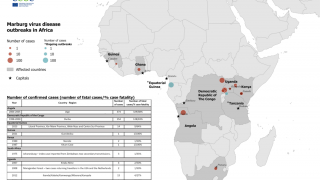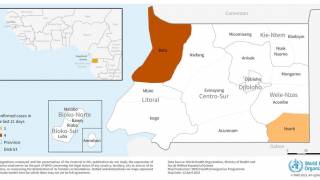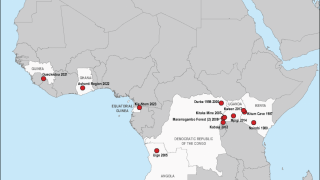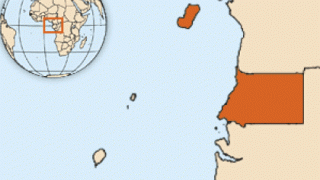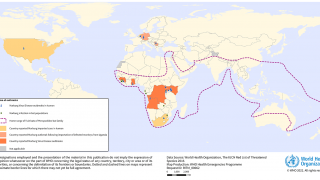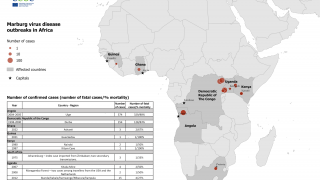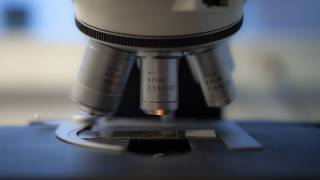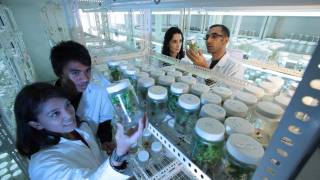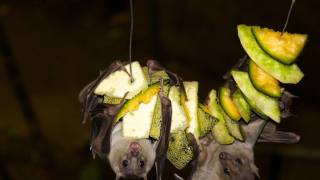UTMB to Combat Filoviruses With $35 Million Grant

The University of Texas Medical Branch at Galveston (UTMB) and others have been awarded up to $35 million to advance the development of rapid-acting vaccines and broad-spectrum treatments of the highly-lethal hemorrhagic fever viruses Ebola and Marburg.
This is important news since there are no vaccines or treatments approved for human use against filoviruses.
The Department of Health and Human Services (HHS) considers both Ebola and Marburg to be Tier 1 pathogens, meaning they are agents with the highest risk to cause mass human casualties and produce devastating effects to the economy, critical infrastructure, and public confidence, said UTMB in a press release on April 8, 2019.
"We are very excited about this new grant that focuses on developing a rapid-acting vaccine as well as combining several of the most promising post-exposure treatments that have shown the ability to completely protect animals against these deadly viruses," said Dr. Thomas Geisbert, a professor in UTMB's department of microbiology and immunology and a member of the Institute for Human Infections and Immunity.
The U.S. public health system and primary healthcare providers must be prepared to address various biological agents, including pathogens that are rarely seen in the United States.
High-priority agents include organisms that pose a risk to national security, says HHS.
Dr. Geisbert will collaborate with John H. Eldridge of Profectus Biosciences, James E. Crowe Jr. of Vanderbilt University Medical Center, Larry Zeitlin of Mapp Biopharmaceutical, Inc., James Heyes of Genevant Sciences Corp., and with Alexander Bukreyev of UTMB.
The grant awarded to Dr. Geisbert is NIH Award No. U19AI142785, and will continue a highly successful collaborative Center of Excellence for Translational Research supported by the National Institute of Allergy and Infectious Diseases, part of the National Institutes of Health. The grant funds will be distributed over five years.
This new grant follows a similar grant of $26 million awarded in 2014 by the NIH.
Recent bioterrorism related news articles:
- Rwanda Launches Ebola Vaccination Campaign for 7,949 Workers
- Marburg Vaccine Candidate Receives HHS Funding
- Dual Protection Vaccine Candidate Against Anthrax & Plague Advances
UTMB is Texas' first academic health center opened its doors in 1891 and today has four campuses, four health sciences schools, four institutes for advanced study, a research enterprise that includes one of only two national laboratories dedicated to the safe study of infectious threats to human health, a Level 1 Trauma Center and a health system offering a full range of primary and specialized medical services throughout the Texas Gulf Coast region.
UTMB is a part of the University of Texas System and a member of the Texas Medical Center.
Our Trust Standards: Medical Advisory Committee




